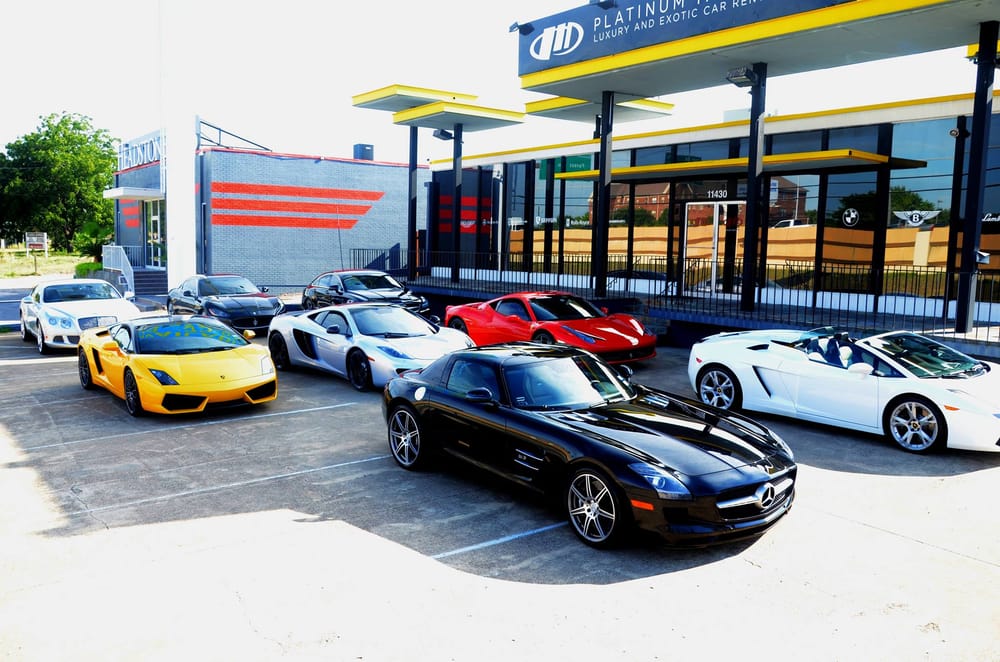Do Taxis Charge by Distance or Time in the UK? A Comprehensive Guide
Taxis have long been a popular mode of transportation in the UK, offering convenience and reliability for travelers. However, one of the most common questions passengers ask is: do taxis charge by distance or time in the UK? This article explores the factors that determine taxi fares, helping you understand how pricing works. Whether you’re planning a short trip across town or a longer journey, knowing how charges are calculated can help you budget effectively.
How Are Taxi Fares Calculated in the UK?
Taxi fares in the UK are typically calculated using a combination of distance and time. This pricing method ensures that drivers are fairly compensated for both the distance they travel and the time spent on the journey. Here’s a closer look at how these elements work together:
- Base Fare: Most taxi services charge a standard starting fee. This base fare covers the initial cost of getting into the taxi and beginning the journey.
- Distance Traveled: After the base fare, taxis charge based on the distance covered. This is measured using a meter, ensuring accuracy and transparency.
- Time Taken: Taxis also account for the time spent on the journey. This is particularly relevant in cases of heavy traffic, where the taxi might cover less distance but spend more time idling or moving slowly.
- Additional Charges: Some taxis may impose extra fees for late-night rides, carrying luggage, or traveling during public holidays.
How Do Taxi Meters Work?
Taxi meters are devices installed in licensed taxis that calculate the fare based on time and distance. Here’s a breakdown of how they function:
- Distance Measurement: The meter calculates the fare by recording the distance traveled during the ride. This is done using GPS or odometer readings.
- Time Measurement: The meter tracks the time spent during the journey. If the taxi is stationary or moving at a slow speed (e.g., during traffic congestion), the meter switches to a time-based calculation.
- Dynamic Adjustments: Taxi meters can automatically adjust the fare rate depending on factors such as time of day, with higher charges often applied during peak hours, nighttime, or on special occasions.
Differences Between Black Cabs and Private Hire Taxis
In the UK, there are two main types of taxis: black cabs (Hackney carriages) and private hire vehicles (minicabs). Each operates under slightly different fare systems:
Black Cabs
- Black cabs are metered taxis commonly found in cities like London, Manchester, and Birmingham.
- They charge fares based on a combination of time and distance.
- Rates are regulated by local authorities, ensuring consistency and fairness.
- Black cabs can be hailed directly from the street or picked up at taxi ranks.
Private Hire Taxis
- Private hire vehicles, also known as minicabs, must be pre-booked through an operator.
- Fares are typically agreed upon at the time of booking, offering more predictable pricing.
- Unlike black cabs, private hire taxis do not have meters.
Peak Times and Their Impact on Taxi Fares
Taxi fares can vary significantly depending on the time of day and demand levels. Here are some factors that influence pricing during peak times:
- Rush Hour Traffic: Journeys during morning and evening rush hours may take longer, resulting in higher time-based charges.
- Nighttime Rates: Many taxis charge higher rates during nighttime hours, typically from 10 PM to 6 AM.
- Special Events: Large-scale events, such as concerts or sports matches, can increase demand for taxis, leading to dynamic pricing.
- Holiday Surcharges: Taxis may impose additional fees during public holidays like Christmas and New Year’s Eve.
How to Save Money on Taxi Rides
Understanding how taxi fares are calculated can help you save money. Here are some tips:
- Compare Services: Use taxi comparison apps to find the most affordable options in your area.
- Avoid Peak Hours: Travel during off-peak times to minimize time-based charges.
- Pre-Book Your Ride: Private hire taxis often offer fixed fares, which can be cheaper than metered rides.
- Share Your Journey: If possible, share a taxi with friends or colleagues to split the cost.
- Use Discounts: Some taxi apps and services offer promotional discounts for new users or frequent riders.
FAQs About Taxi Charges in the UK
1. Do all taxis in the UK use meters?
No, only black cabs and certain licensed taxis use meters. Private hire vehicles typically operate on pre-agreed fares.
2. Are taxi fares higher in London?
Yes, London taxi fares are generally higher than in other parts of the UK due to the city’s high demand and operating costs.
3. Can taxi drivers add extra charges?
Yes, additional charges may apply for services such as carrying luggage, traveling with pets, or requesting specific vehicles.
4. Is tipping mandatory for taxi drivers?
Tipping is not mandatory, but it’s customary to round up the fare or leave a small tip for good service.
To optimize this article for SEO, we’ve included relevant longtail keywords:
- How do taxis charge in the UK?
- Do black cabs charge by time or distance?
- Are private hire taxi fares fixed in the UK?
- UK taxi rates for short journeys
- Taxi meter calculations explained
- Peak time taxi fares UK
- Affordable taxi services in London
- How to save money on UK taxi rides
- Differences between black cabs and minicabs UK
- Best taxi apps for UK travelers










